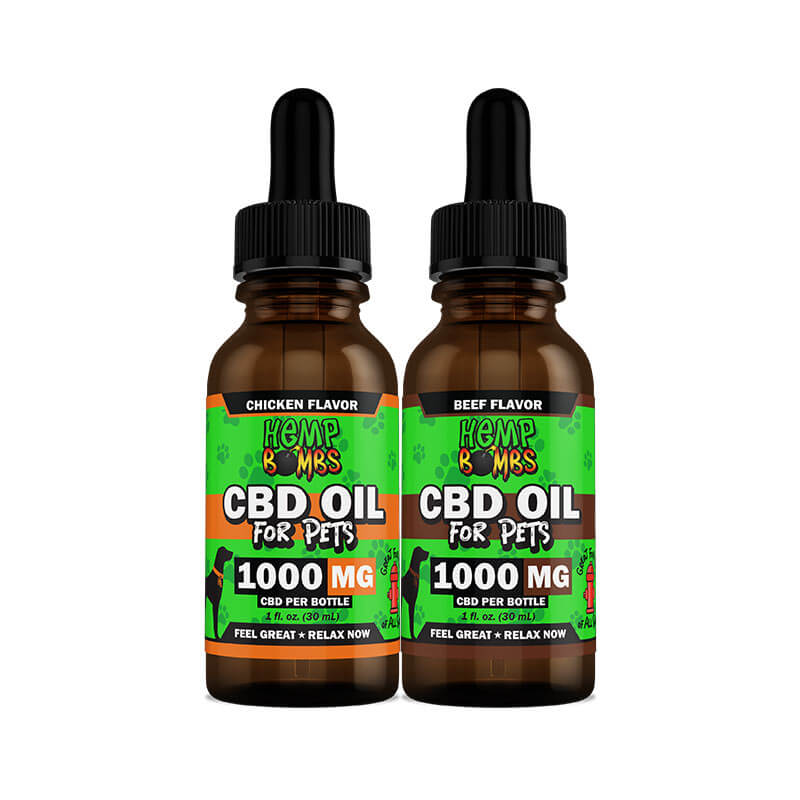
Spring has sprung, and pollen is in the air. Not only does this pesky substance affect you and your family members, but it also impacts your precious pup. Dogs experience allergies much like humans, but their symptoms can be more irritating, especially when they can’t express it verbally. However, noticing differences in his appearance and behavior can help you identify that dog allergies are plaguing your pet. Specific remedies, health supplements, lifestyle adjustments and talks with your veterinarian can help you control his allergies.
An allergy is your dog’s way of defending itself against a perceived threat or allergen. An allergen can be anything ranging from a protein in food to dust or pollen in the air. Many professionals call the immune system’s reaction unnecessary or an overreaction since some allergens are not actually harmful to your pup. When an allergen enters the body, your immune system goes into defense mode and sends out a signal to your mast cells to release the chemicals, histamines. Histamines attempt to rid your pet’s body of allergens through common symptoms like runny eyes, sneezing and itching. These chemical compounds increase blood flow to the area surrounding the allergen which causes inflammation. From there, the rest of the immune response is carried out to resolve the issue.
Every dog reacts to allergens differently, but itching is a common indicator of irritation related to all forms of allergies. However, your dog may display a range of symptoms:
If you notice paw licking, facial rubbing or butt scooting from your pet, he’s attempting to push the histamines out of his body through his extremities. Excessive scratching, biting and licking causes your pet’s skin to form lesions known as “hot spots.” These open sores leave your pet more susceptible to secondary yeast and bacterial infections, making addressing his allergies extremely important.
Typically, dogs experience allergic reactions from three common stimuli:
If your pet experiences recurring allergies, be sure to see a veterinarian. He will rule out any health issues with similar symptoms before diagnosing your pet with allergies. He will also run blood tests to determine the source of your pet’s discomfort. Since you can see fleas and some insects, those cases are easier to identify and control. When it comes to food allergies, many vets will suggest an elimination diet to find your dog’s sensitivity.
Depending on your pet’s allergies, merely avoiding the allergens can help reduce his level of discomfort. When your pet is already dealing with irritation, you will want to try and help reduce itching. Certain medications can help soothe your pet’s itching.
If you notice that your pet’s allergies are not responding to any of these remedies, or if he begins displaying respiratory complications, be sure to see a professional as there could be a more serious problem.


Sources
VCA Hospitals – Allergies in Pets
WebMD – What are Histamines?
The Homepage of Hemp Bombs brand. Premium CBD Supplements including CBD Gummies, CBD Capsules, CBD Oils, and CBD Cool Freeze.
Copyright © 2025 HempBombs.com | FEEL GREAT • RELAX NOW
FOOD AND DRUG ADMINISTRATION (FDA) DISCLOSURE
This product is not for use by or sale to persons under the age of 18. This product should be used only as directed on the label. It should not be used if you are pregnant or nursing. Consult with a physician before use if you have a serious medical condition or use prescription medications. A Doctor’s advice should be sought before using this and any supplemental dietary product. All trademarks and copyrights are property of their respective owners and are not affiliated with nor do they endorse this product. These statements have not been evaluated by the FDA. This product is not intended to diagnose, treat, cure or prevent any disease. Individual weight loss results will vary. By using this site, you agree to follow the Privacy Policy and all Terms & Conditions printed on this site. Void Where Prohibited by Law. US GOVERNMENT PATENT #6,630,507: “CANNABINOIDS AS ANTIOXIDANTS AND NEUROPROTECTANTS

Our products are intended for adults and require you to be 21 years or older. By entering our site you affirm you are of legal age.